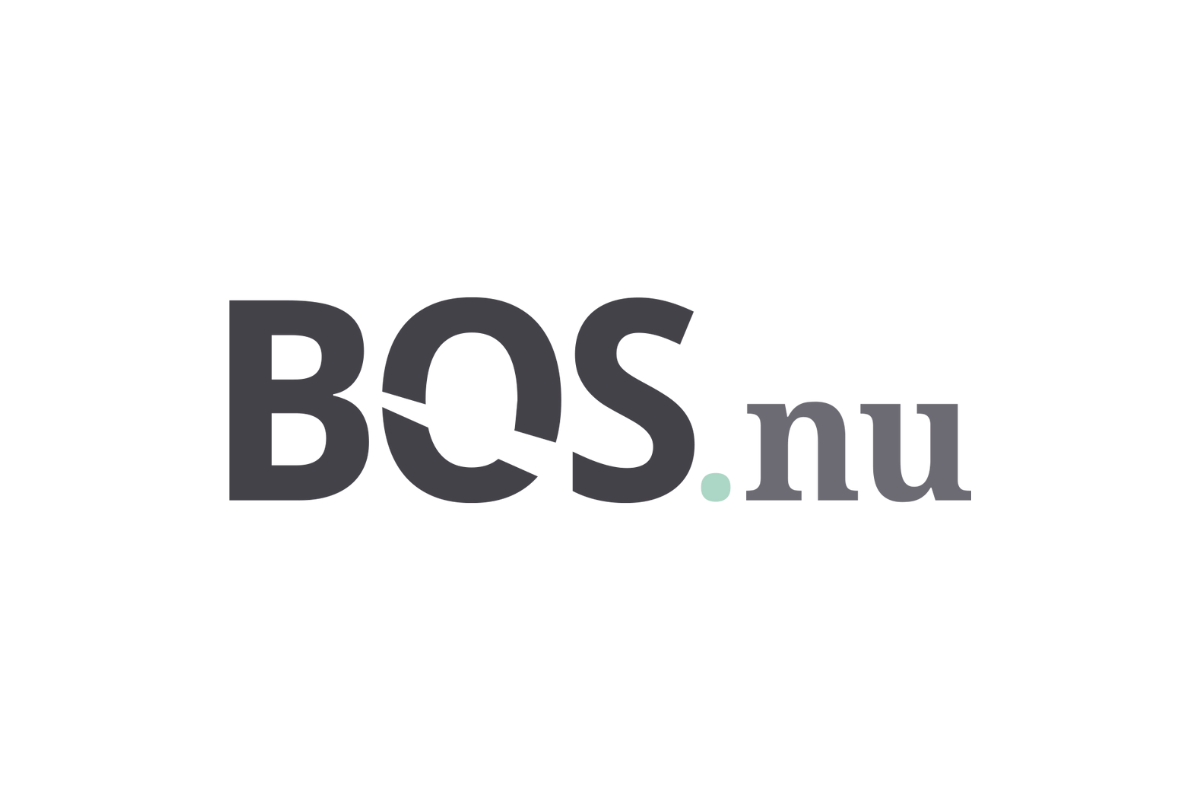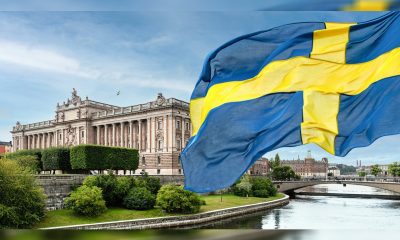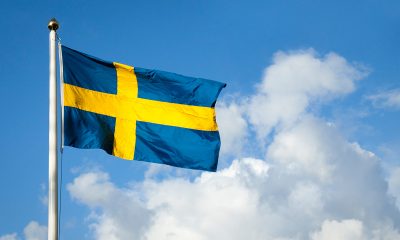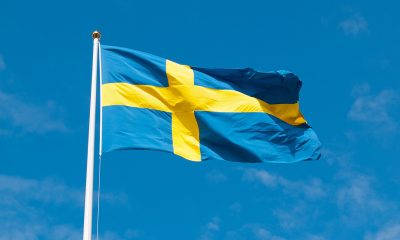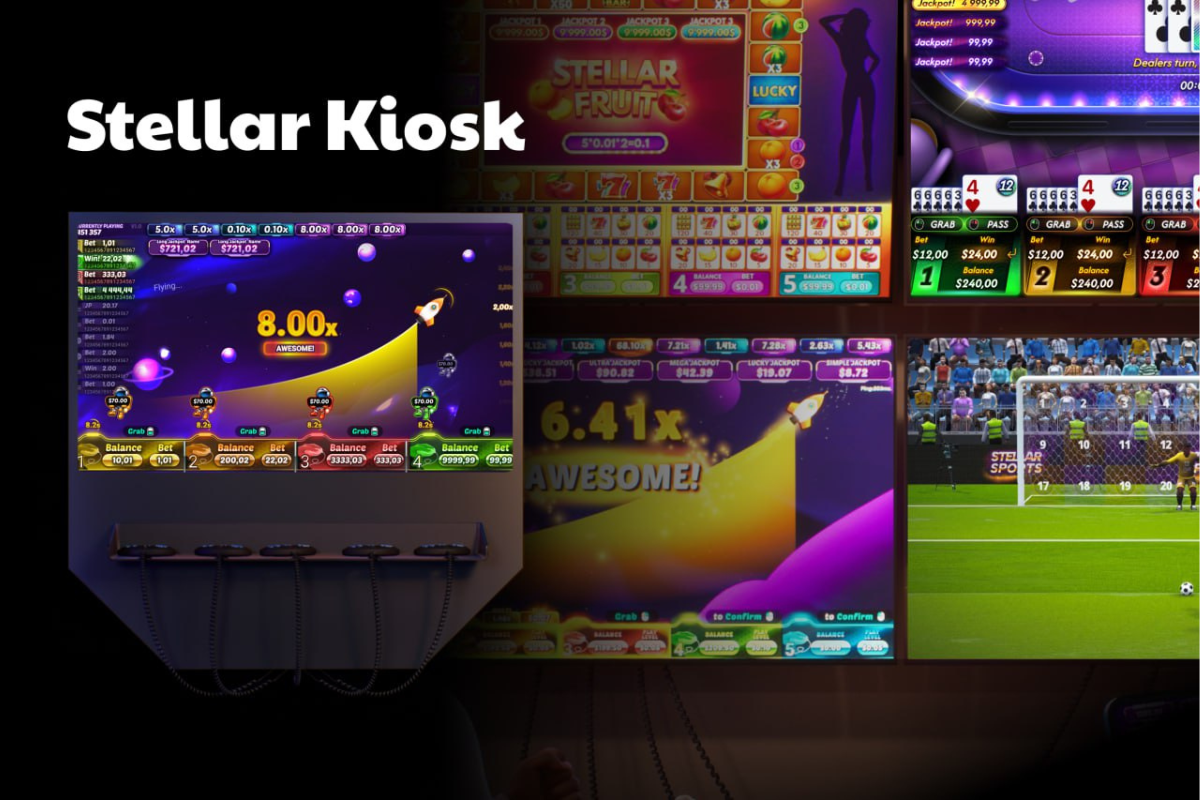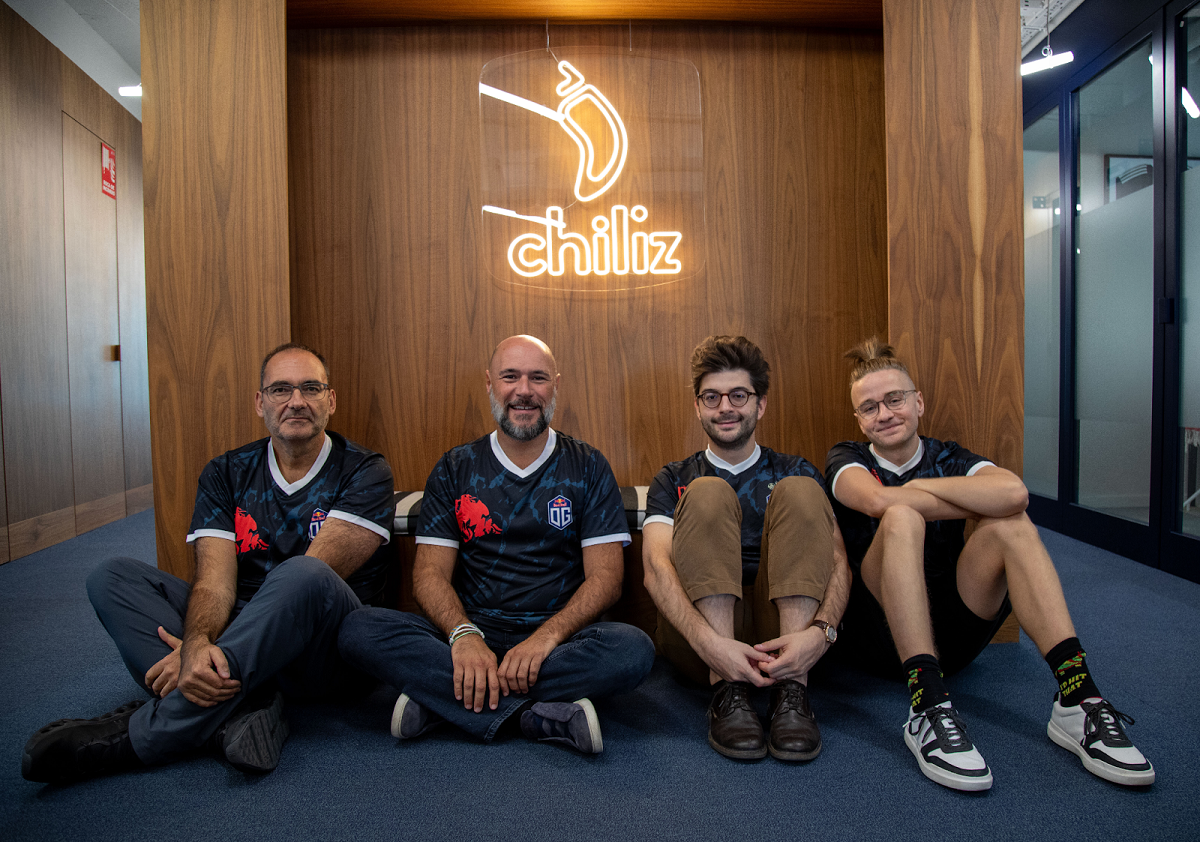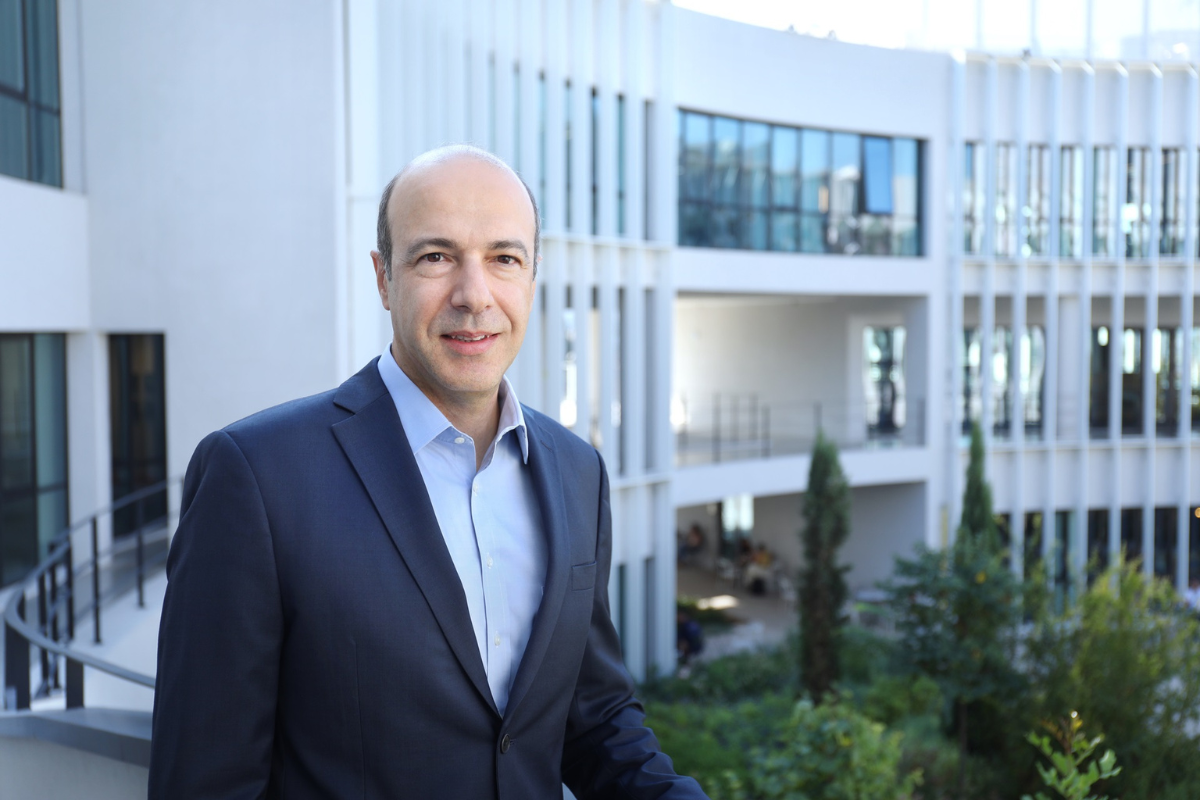Compliance Updates
Anger in the Industry After the Swedish Gambling Authority’s Acquittal of Infiniza

Last Friday, Di wrote about how the Swedish Gambling Authority closed an investigation into the Malta-based casino operator Infiniza, whose online casino, according to the authority’s assessment, is not aimed at Swedes. This is after the company changed the payment operator, i.e. who manages the transfer of gambling money from bank accounts to the casino, and the criteria that determine whether someone directs gambling at Swedes are not considered fulfilled.
Actions Did The Trick For Infiniza
“In light of the measures Infiniza Limited has taken regarding the company’s marketing as well as the payment options and/or payment service providers that were the subject of the current supervisory case, the Swedish Gambling Inspectorate assesses that the company, based on what emerged in the case, ceased to provide gambling aimed at the Swedish market without necessary license”
From the Gambling Authority’s decision that Infiniza review ceases, 21/2 2024.
Gustaf Hoffstedt, general secretary of the licensed gambling operators’ association The Swedish Trade Association for Online Gambling (Bos), is upset.
“It is offensive, and endangers the entire safety and security of the Swedish gambling license system,” he told Di about the Spelinspektionen’s decision, which he read about “with dismay” in Di.
According to Gustaf Hoffstedt, who refers to web traffic statistics that Di has taken part in, Infiniza is one of Sweden’s largest players in online casinos.
“They are estimated to have a significant operation in Sweden, in fact a large part of it is intended to receive Swedish consumers. It is of course extremely profitable, as they do not pay any Swedish gambling tax.”
The Swedish Gambling Authority’s decision has been made after Infiniza’s casinos changed their payment provider to one based in Lithuania. In the past, the Swedish-registered payment services Finshark and Zimpler reviewed by Di have been used.
“That’s exactly how it goes: if someone shines a spotlight on the fact that payment intermediaries ‘blue’ are not okay, payment intermediaries become ‘red’, then ‘green’, then ‘purple’ – and it goes on forever.”
Gustaf Hoffstedt calls for stricter legislation similar to that in the Netherlands, where it is forbidden to even accept domestic players – whereby more people play with the licensed players.
“The basic problem is the scope of the Swedish law, that is to say that unlicensed gambling companies are not explicitly prohibited from passively accepting Swedish players, provided that the company does not target them,” he says.
For several years, BOS has addressed the problem to both governments, investigators and the Gambling Authority and called for the Netherlands’ example to be followed, with the criminalization of passively accepting and enabling Swedish players.
However, the organization has cut stone in stone, and has not received a hearing for its proposal.
“The government does not want this. It claims that the channelization (the percentage of licensed gamblers, Di’s note) is good in Sweden, which unfortunately is not true, that the gambling market is stable, which is also not true, and that this is not a path that Sweden should follow.”
Marcus Aronsson, investigator at Spelinspektionen, told Di that the decision from last Friday only concerns Infiniza’s use of Zimpler, and that the just concluded case was already started in 2021.
He cannot comment on whether the payment company or companies used thereon means that Infiniza can be considered to target Swedes, nor whether a new review of the operator has been initiated after the Zimpler case.
In the decision, however, it is explicitly mentioned that the Swedish Gambling Authority can initiate a new supervisory case if Infiniza can again be considered to target the Swedish market without the necessary license.
-

 Asia6 days ago
Asia6 days agoDigital gaming disruption tackled in 1st AsPac Regulators’ Forum
-
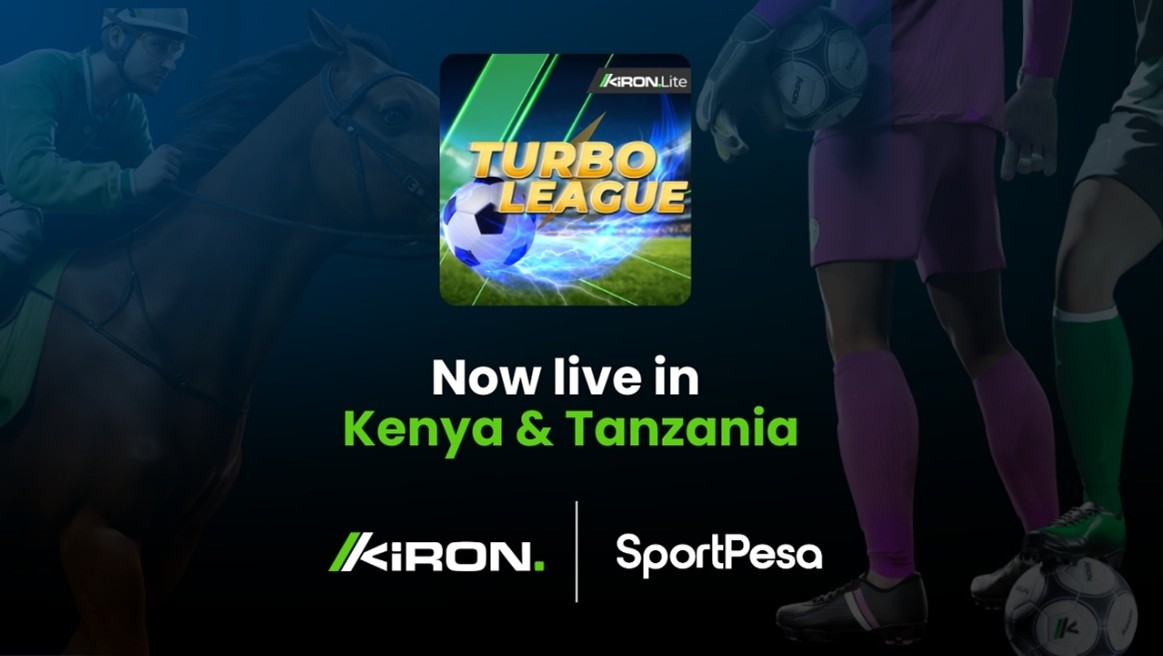
 Africa7 days ago
Africa7 days agoKiron announces the launch of its new virtual football title, Turbo League, with SportPesa in Kenya and Tanzania
-
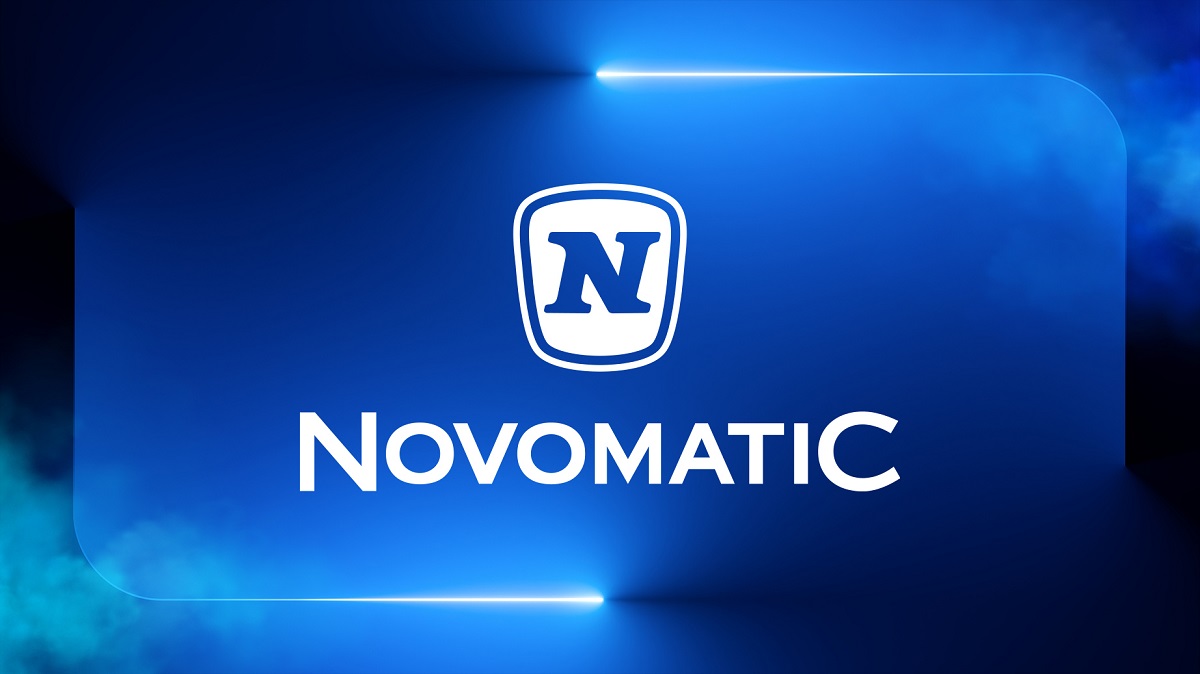
 Aquisitions/Mergers7 days ago
Aquisitions/Mergers7 days agoNOVOMATIC successfully completes sale of ADMIRAL Austria to Tipico and focuses on international growth markets
-
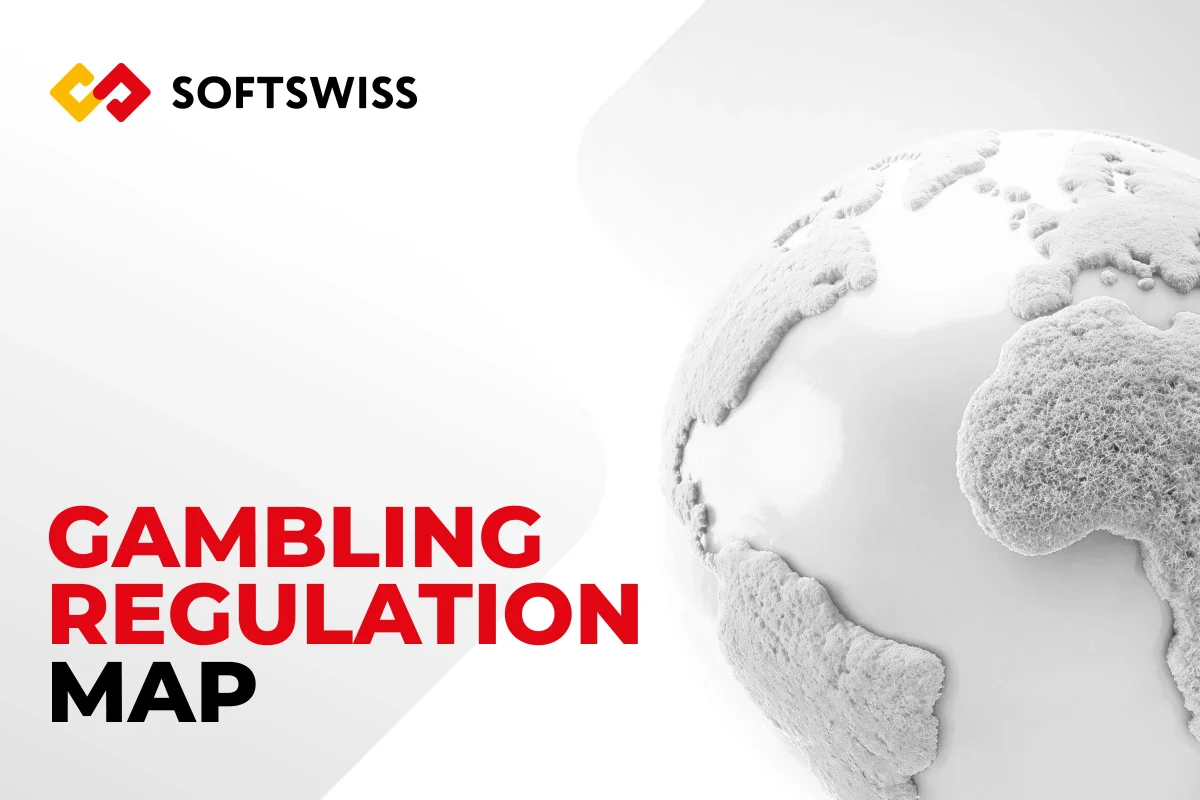
 Compliance Updates7 days ago
Compliance Updates7 days agoSOFTSWISS Releases Gambling Regulation Directory for iGaming Operators
-
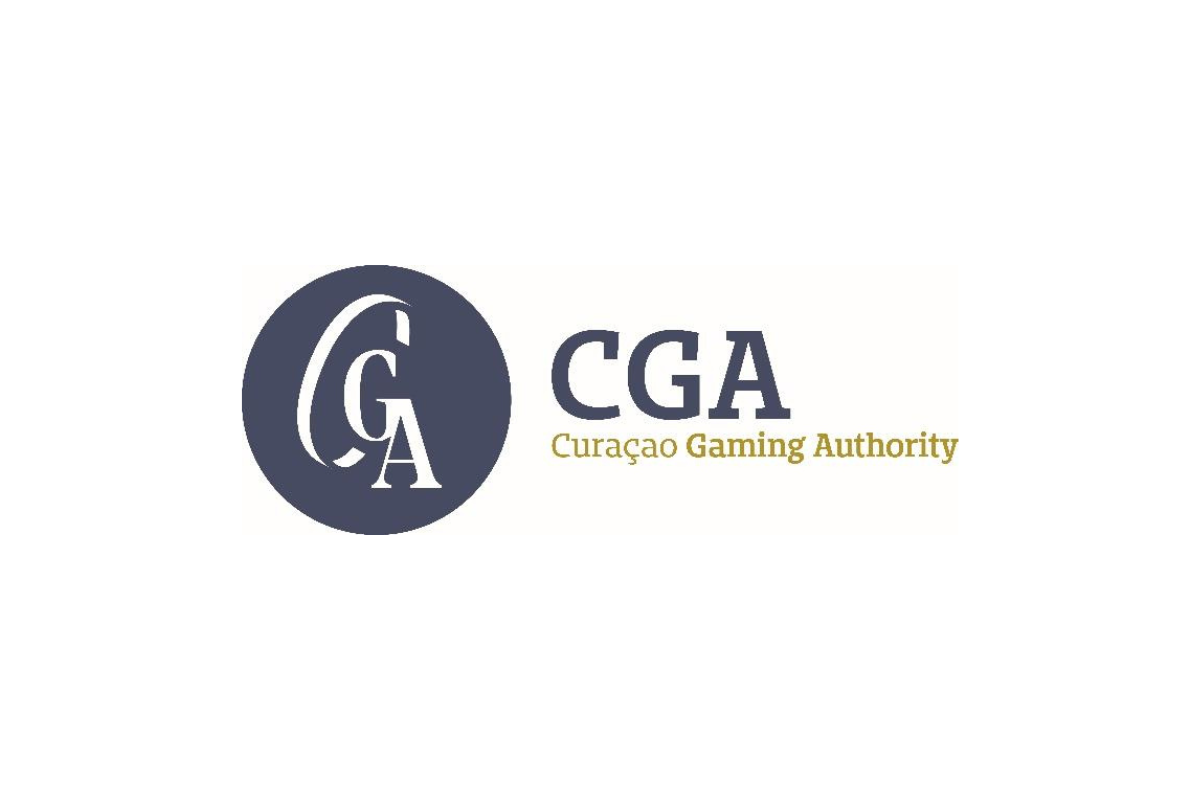
 Compliance Updates7 days ago
Compliance Updates7 days agoAlternative Dispute Resolution (ADR) Role and Certification
-
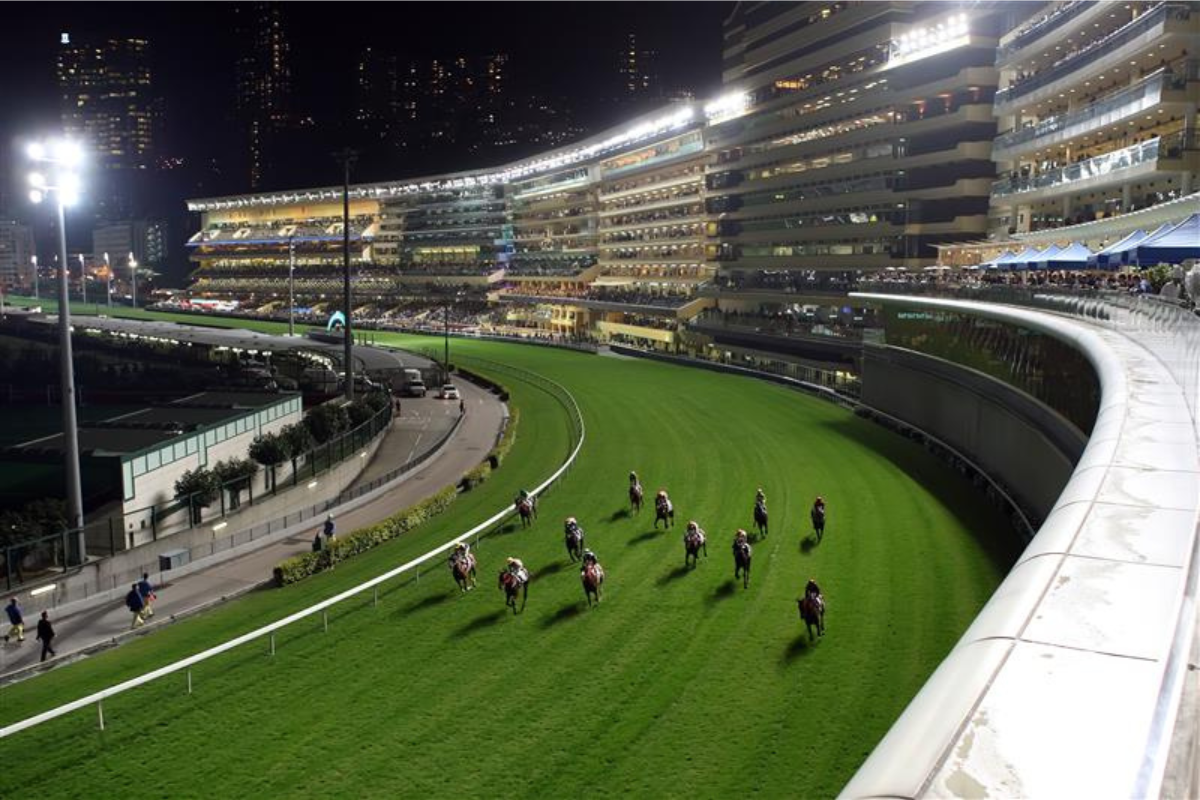
 Asia6 days ago
Asia6 days agoiRace Media extends partnership with The Hong Kong Jockey Club in Asia
-

 Central Europe7 days ago
Central Europe7 days agoSYNOT Games Delivers Bespoke Games Exclusively for SazkaHry.sk in the Slovak Market
-

 Latest News7 days ago
Latest News7 days agoFlutter UKI Invests Nearly £7M into Community Sports







